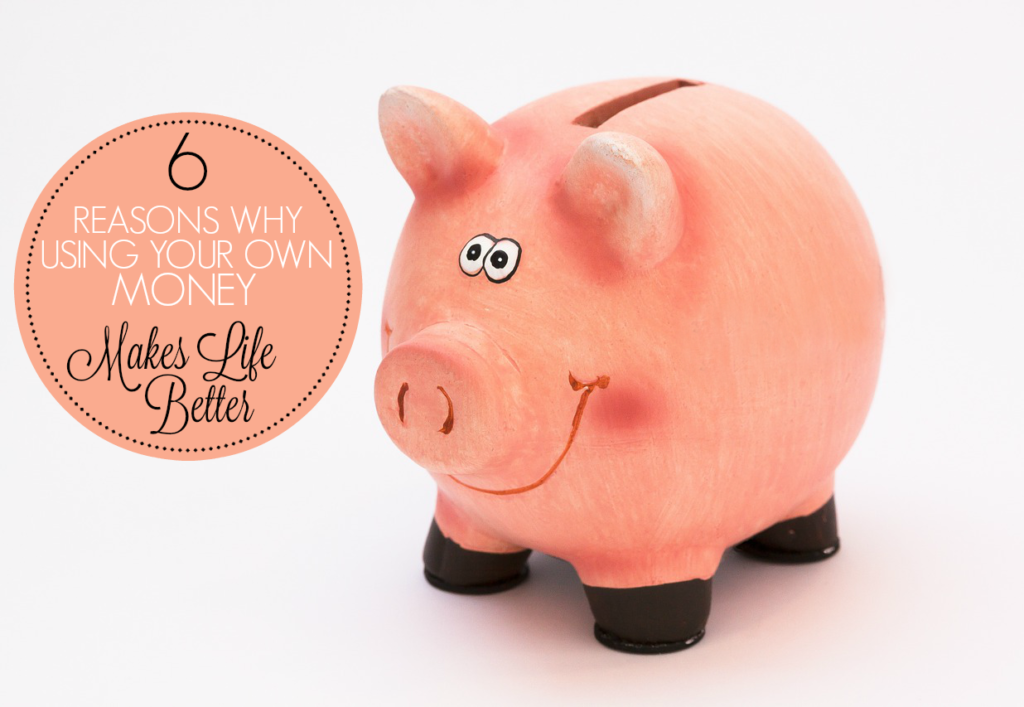Why You Shouldn’t Put Off Debt Relief & Reasons Why People Do

You Shouldn’t Put Off Debt Relief
Americans are rife with debt. Three in 10 Americans have less than $1,000 in their savings, and nearly another quarter has nothing saved. Of course, these findings sound mild when compared to U.S. consumer debt. It rose 5 percent in July 2018, to $3,918 trillion. Credit cards made up $1.037 trillion, or 26.5 percent, of overall consumer debt. Roughly 75 percent of Americans carry credit card debt, with an average balance over $6,000. This is an epidemic, and making it worse is debtors failing to dig themselves out. Here are four reasons people put off debt relief, and why they really shouldn’t.
Money Is Going Elsewhere
America offers many conveniences and luxuries, but for many people, it’s not exactly an affordable place to live. The majority of (young) people already carry a student loan. If you factor in rent or a mortgage, transportation costs and wages not keeping pace with inflation.
Consumer credit with its high revolving interest rate becomes very difficult to defeat. By making the minimum payment on our credit card balance and prioritizing paying it off. By doing this, we financially enslave ourselves to be a monthly interest patron. Getting out of debt requires a committed repayment plan. Consider which of the snowball, avalanche or snowflake strategies best apply to your situation.
Emotional Turbulence
It’s no secret to anyone who’s ever been in debt that the emotional toll can far outweigh the financial consequences. Debt conjures an array of emotions, such as fear, denial stress, low self-esteem, cognitive functioning, and depression. Debt can even increase our mortality rate. One study found this with participants who faced a 100-point credit score decline and seriously delinquent debt.
These are difficult emotions to handle. Debtors deal with them in various ways. Another study foudn that shopping, overeating, or taking over-the-counter painkillers are used to combat the pain of financial insecurity. Others sit overwhelmed in their emotions and do nothing. Support groups like Debtors Anonymous exist solely to serve as a community to ease the emotional burden of debt.
I’ve Heard of Debt Relief Scams
Since the early 2000s, many debt relief companies have surfaced to reduce the debts people carry. These providers negotiate with your creditors to get them to settle for a lower amount. The process requires you to stop making payments on your balances. Then debt settlement companies charge a fee for their services. These are legitimate processes that have worked for people. This is evidenced by debtor experiences on the Freedom Debt Relief reviews page on Consumer Affairs. People fall for scams though, and typically it’s because they didn’t recognize red flags.
- The debt relief “company” asks for payment up front
- The debt relief “company” guarantees to resolve all your debt
- Tells you to stop talking to your creditors
- Promises to stop the collection calls, mail, and lawsuits
Bankruptcy Is Scary and Confusing
The thought of throwing your hands up and meeting with a lawyer is too scary or embarrassing for many people. Some worry their credit scores will be decimated for life. That they may lose every asset they have. Worse yet, that they’ll never be able to borrow again or get a job. Basically not be able to be a fully functioning adult. These are all enough to freeze debtors in their dilemmas.
Bankruptcy is certainly no laughing matter. It’ll stay on your credit report for seven to 10 years. You’ll have to pay attorney costs and take financial management courses. Depending on if you declare chapter 7 or 13 will determine if you have to make court-ordered payments. Another option would be to liquidate some assets to pay back debts.
Whether you opt for bankruptcy, debt settlement, a GoFundMe page, or reaching out to an able family member for help — the most important part of a debt relief plan step one: getting started. You’ll save yourself a lot of stress, extra money, and time until you’re financial free by deciding on a course of action ASAP.
Remember, ignoring it will not make it go away.
Make a plan!
Do you have any tips on how to tackle debt?
Let me know, til then–cheers m’deres!


Nancy Polanco is a freelance journalist, lifestyle content creator, and editor of Whispered Inspirations. She is a proud Mom to Gabby and Michaela and partner and best friend to Darasak. Having worked as part of a health care team for almost a decade, Nancy is happy to be back to her passion. She is a contributor to the Huffington Post, TODAY’s Parents, and an Oprah Magazine Brand Ambassador.





